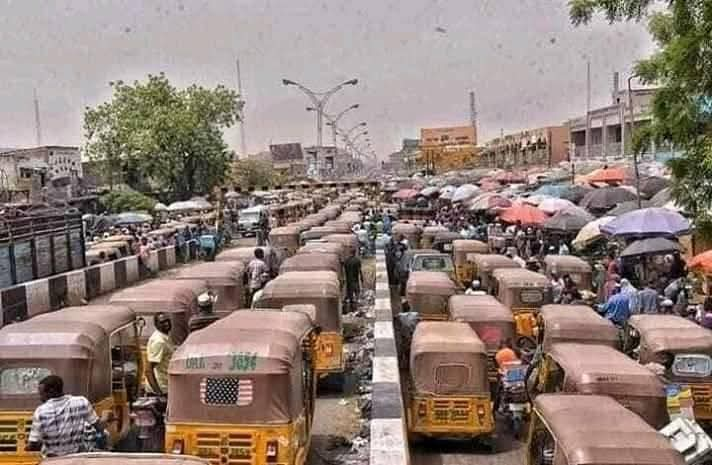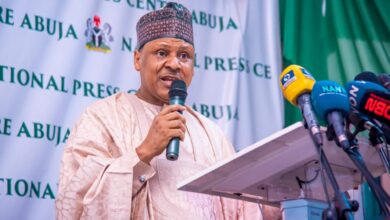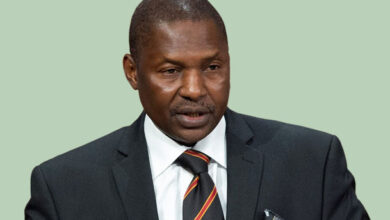SPECIAL REPORT: Kano Faces Extreme Heat, Medics Sound Alarm

Residents of Kano State are enduring intense and unrelenting heatwaves as temperatures soar above 40 degrees Celsius, raising serious health concerns and widespread frustration.
Scientists warn that such extreme heat aligns with broader climate shifts, as rising global temperatures amplify the frequency and severity of heatwaves across arid regions like northern Nigeria.
From traders at Sabon Gari Market to commuters along Zoo Road, the story is the same—Kano is burning, and people are struggling to cope.
Last week, the Nigerian Meteorological Agency (NiMet) issued a heat advisory, warning of “severe thermal discomfort” across Kano and 17 other northern states. The agency linked the conditions to rising temperatures, clear skies, and lingering moisture from recent rains, noting that these patterns reflect long-term climate trends.
“I can hardly breathe by noon,” said Malam Abdullahi Ibrahim, a 32-year-old tricycle rider. “My clothes are soaked with sweat before midday, and it feels like sitting inside an oven.” He explained how the heat has doubled his expenses: “I now buy three bags of pure water daily just to stay hydrated.”
Health experts warn that the compounding effects of climate change and urbanization are turning Kano’s heatwaves into a public health crisis.
A physician at Murtala Muhammad Specialist Hospital, who spoke anonymously, said the hospital has seen a surge in heat-related illnesses.
“In the last four days, we’ve recorded increased cases of heat exhaustion, severe dehydration, and early signs of heatstroke,” she said. “Elderly people, children, and those with heart or respiratory conditions are most at risk—groups increasingly vulnerable as temperatures rise.”
Environmental expert Engineer Salisu Adamu of Green Initiatives Africa explained that Kano’s urban landscape exacerbates the crisis.
He said, “The city’s dense buildings, minimal green spaces, and concrete structures trap heat. This urban heat island effect, intensified by climate change, makes street temperatures feel several degrees hotter than in rural areas. Without trees or ventilation, neighborhoods become heat traps.”
Kano State Governor Abba Kabir Yusuf launched a campaign to plant three million trees—a measure experts say could marginally offset rising temperatures if sustained.
“The trees will help reduce temperatures, slow desertification, and improve agricultural productivity,” Yusuf said during the launch. Reforestation is among the strategies urged by climate scientists to mitigate environmental degradation, though its impact depends on scaling similar efforts regionally.
Frequent power outages compound the suffering, depriving residents of fans, air conditioners, or cold water.
The Kano Electricity Distribution Company (KEDCO) cited infrastructure work and vegetation control as causes. “We regret the inconveniences,” read a statement by spokesperson Sani Bala Sani. “Work is underway to ensure uninterrupted power delivery.”
But for residents like Amina Lawal, a mother of three in Na’ibawa, relief feels distant. “There’s no light, no fan, and my children cry through the night because of the heat. We need action, not statements,” she said.
The post SPECIAL REPORT: Kano Faces Extreme Heat, Medics Sound Alarm appeared first on Kano Times.





